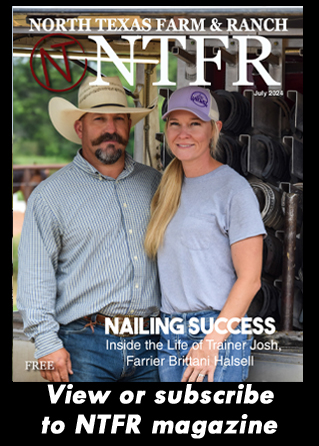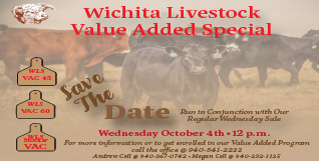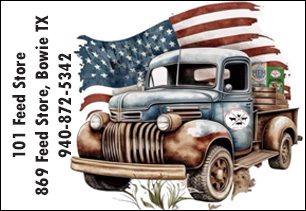Farm & Ranch
Well-owner training set for Jan. 28 in Seguin
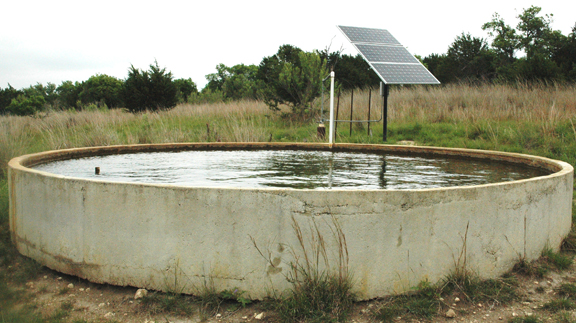
By: Paul Schattenberg
SEGUIN — Anyone interested in private water well management is invited to a Texas Well Owner Network training Jan. 28 in Seguin. The workshop is being offered to area private water well owners through collaboration with the Geronimo and Alligator Creeks Partnership.
The training, which is free and open to the public, will be from 8:30 a.m.–3:30 p.m. at the Big Red Barn, 390 Cordova Road, said Drew Gholson, Texas A&M AgriLife Extension Service program specialist and network coordinator in College Station.
“The TWON program is for Texas residents who depend on household wells for their water needs, so they can learn about improving and protecting their community water resources,” Gholson said. “The program was established to help well owners become familiar with Texas groundwater resources, septic system maintenance, well maintenance and construction, and water quality and treatment.”
He said participants may bring well-water samples to the training for screening. The cost is $12 per sample, with payment due when samples are turned in.
“We invite private well owners to bring in a water sample to be screened for nitrates, total dissolved solids and bacteria,” Gholson said.
Well owners who would like to have their water sampled can pick up two sample containers from the AgriLife Extension offices in Guadalupe or Comal counties.
Bringing water samples to the training is not required, Gholson said, but those wanting to have water samples analyzed must attend the training.
Space is limited, so attendees are requested to register at http://twon.tamu.edu/training or by calling 979-845-1461 as soon as possible.
The training is one of 30 statewide conducted through the Preventing Water Quality Contamination through the Texas Well Owner Network project. Other scheduled trainings include Navasota, San Antonio and Round Rock.
“The core content of this program is the same as other trainings, but the information is tailored to local water quality issues and aquifers,” he said.
Gholson said more than 1 million private water wells in Texas provide water to citizens in rural areas and increasingly to those living on small acreages at the growing rural-urban interface.
“Private well owners are independently responsible for monitoring the quality of their wells,” he said. “They are responsible for ensuring their drinking water is safe. This means they are responsible for all aspects of the water system – testing, inspecting, maintaining – and this training will help private well owners to understand and care for their wells.”
Funding for the Texas Well Owner Network is through a Clean Water Act nonpoint source grant provided by the Texas State Soil and Water Conservation Board and the U.S. Environmental Protection Agency. The project is managed by the Texas Water Resources Institute, part of Texas A&M AgriLife Research, the AgriLife Extension and the College of Agriculture and Life Sciences at Texas A&M University.
-30-
Farm & Ranch
Ag Elsewhere: Wyoming
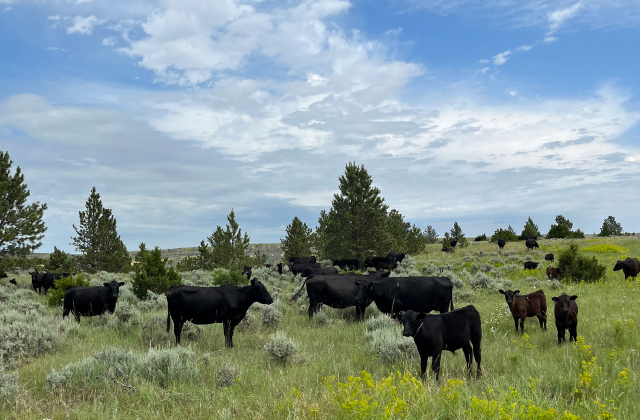
By Tressa Lawrence
Ranchers across northeast Wyoming and the surrounding areas saw record moisture levels in 2023. The year 2024 has seen significantly less moisture to date.
Farm & Ranch
Ag Elsewhere: Montana
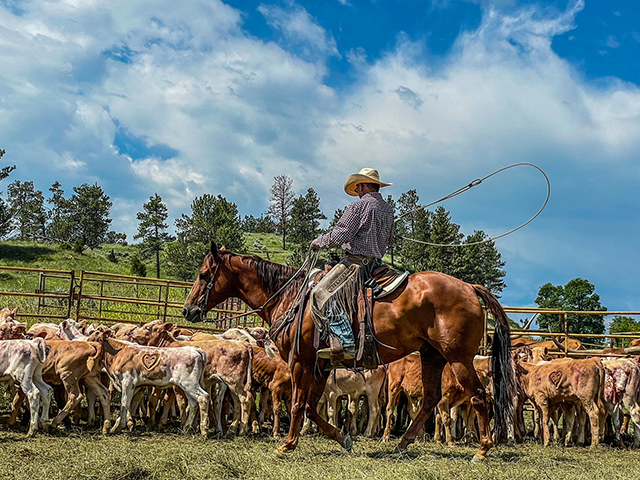
By Lindsey Monk
People are finishing up brandings. Here, Danny Walter is shown getting it done.
Farm & Ranch
Animal Disease Traceability

By Barry Whitworth, DVM
On July 6, 2020, the United States Department of Agriculture Animal and Plant Health Inspection Service (APHIS) posted in the Federal Register a proposal that radio frequency identification tags be used as official identification for cattle and bison. Following a period for public comment, the USDA APHIS released a statement on April 24, 2024, with the amended animal disease traceability (ADT) regulation for cattle and bison. The full press release may be found at https://www.aphis.usda.gov/news/agency-announcements/aphis-bolsters-animal-disease-traceability-united-states. Under the new rule, cattle and bison will need to be identified with tags that are both visual and electronic.
The USDA defines ADT as knowing where diseased and at-risk animals are, where they have been, and when the animal disease event took place. A system that allows for efficient traceability of livestock in the United States is essential for animal health and reducing the economic effect of a foreign animal disease outbreak and other diseases on livestock producers as well as others whose well-being depends on livestock production.
To read more, pick up a copy of the July issue of NTFR magazine. To subscribe by mail, call 940-872-5922.
-

 Country Lifestyles1 year ago
Country Lifestyles1 year agoScott & Stacey Schumacher: A Growth Mindset
-

 Country Lifestyles7 years ago
Country Lifestyles7 years agoStyle Your Profile – What your style cowboy hat says about you and new trends in 2017
-

 Equine10 months ago
Equine10 months agoThe Will to Win
-

 HOME7 years ago
HOME7 years agoGrazing North Texas – Wilman Lovegrass
-

 Country Lifestyles4 years ago
Country Lifestyles4 years agoAmber Crawford, Breakaway Roper
-

 Outdoor9 years ago
Outdoor9 years agoButtercup or Primrose?
-

 Country Lifestyles8 years ago
Country Lifestyles8 years agoDecember 2016 Profile, Rusty Riddle – The Riddle Way
-

 Country Lifestyles8 years ago
Country Lifestyles8 years agoJune 2016 Profile – The man behind the mic: Bob Tallman

